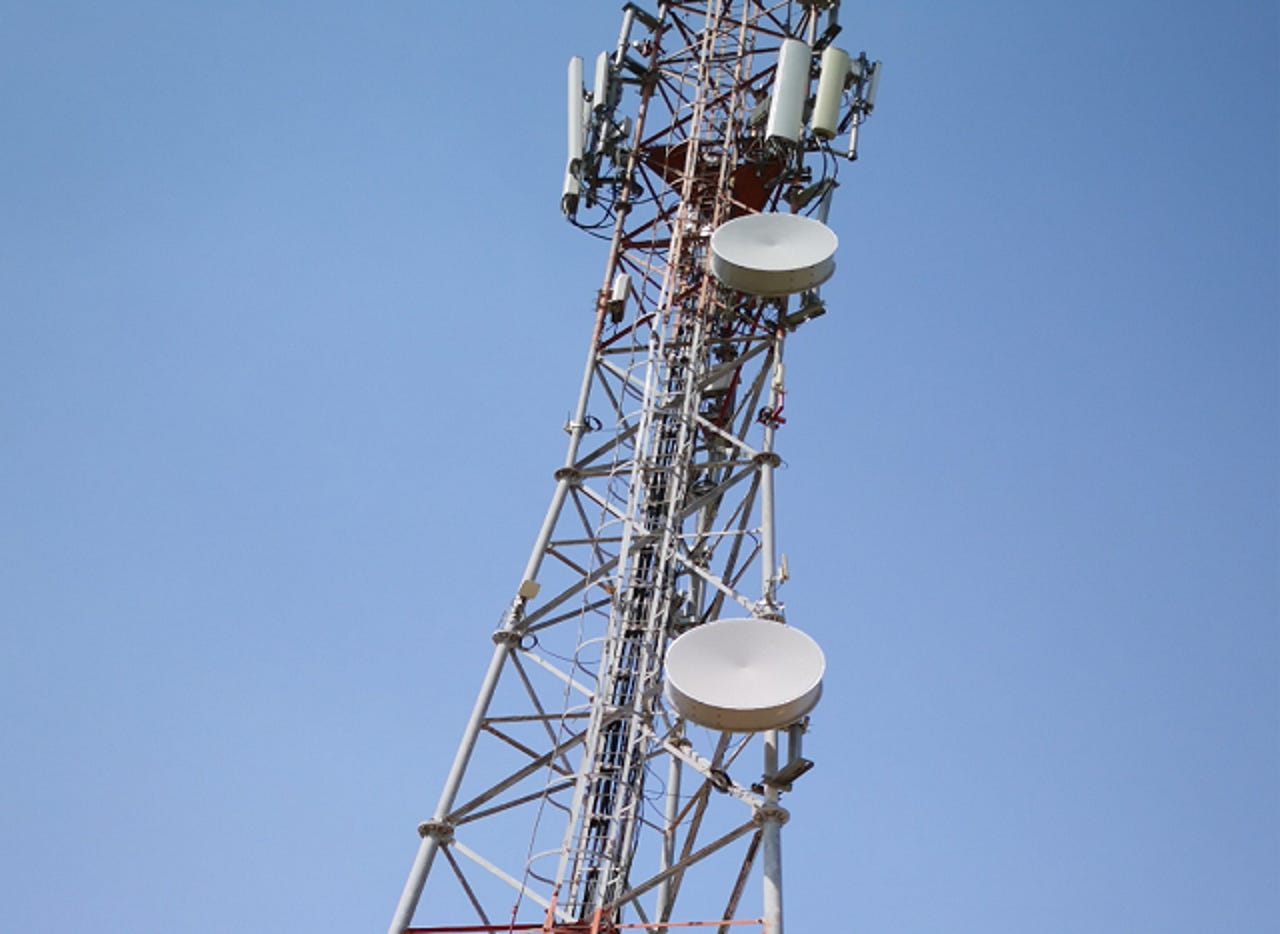Huawei allowed to participate in India's 5G trial phase, but will it be allowed to win?


A few days ago, something happened that rocked the Indian telco world. The minister responsible for India's telco sector, Ravi Shankar Prasad, made the following announcement: "5G trials will be done with all vendors and operators ... We have taken an in-principle decision to give 5G spectrum for trials."
Seemingly a mundane government announcement about the 8,644 MHz of nationally-owned spectrum that India expects to sell at the rate of $70 million per MHz, the announcement contained an implicit, unverbalised piece of information that was electric.Huawei, the Chinese network equipment and smartphone maker, is allowed in. This is despite intense pressure from the United States to abstain from handing the Chinese company this valuable contract on account of national security.
No 5G network rollout contracts have been given to Huawei as yet, of course. It has only been approved for the upcoming 5G network trials. Regardless of whether Huawei is selected or not, the decision to allow the Chinese company to participate in the trials has important ramifications.
It would mean that India has put aside the United States' allegations that Huawei snoops on countries via their network equipment. As the main proselytiser of this theory, the United States has already roped in Australia, New Zealand, Japan, and Taiwan into thinking this is the case, with the network equipment provider already being banned from their shores.
On the other hand, France, the Netherlands, Russia, and South Korea have allowed Huawei to participate in their rollouts. Recently, as Quartz reported, Telefonics Deutschland, a wing of Spanish Telefonica, awarded both Nokia and Huawei its 5G network contract. So has Switzerland, with Swiss company Sunrise partnering with Huawei to build a research centre. As it stands, Europe is hugely influential on Huawei's bottom line, especially considering that half of the company's 65 5G contracts come from that continent.
But unlike Europe, India in the past has never been entirely convinced about Huawei's innocence, having previously accused it of hacking into networks via backdoors for surveillance purposes. It also fought a debilitating border war with its neighbour in 1962 and has never really gotten over it.
However, if Huawei gets picked by Indian telcos for their 5G build-outs like it did during the 3G and 4G phases, this would irrefutably mean that commerce triumphs over both national security or jingoism. China is India's largest trading partner and recent estimates calculate that India could boost its trade with China by at least $20 billion in the next few years. This is also not to discount that 66% of Indian smartphones are Chinese-made. China has also warned India that Huawei's exclusion from participating in the country's 5G build-out could result in severe economic consequences.
Industry players love Huawei for reasons pertaining to both quality and price. One of its champions has been Sunil Mittal, founder of one of India's "Big Three", with Reliance's Jio and Vodafone completing the triumvirate. Mittal has called for the Indian government to allow the Chinese company to take part in the upcoming trials, stating that its equipment for the 3G and 4G phases were superior to European vendors such as Ericsson and Nokia -- the other vendors active in India -- along with Samsung and China's ZTE.
Airtel has already chosen Nokia, Huawei, and Ericsson for its 5G trials, while Jio has picked Samsung, and Vodafone is trying out Ericsson and Huawei. With Huawei being allowed to participate in India's 5G trials, it would seem as though the Indian government, along with the telco sector, either don't believe the allegations surrounding Huawei's hacking history or are too focused on its bottom line and do not care.
Huawei, meanwhile, cares deeply about its future economic prospects, hence its ardent lobbying of India to let it into the 5G door. Shortly after the US ban was announced, Huawei CEO Ren Zhengfei said revenues for 2020 would most probably be $30 billion less at $100 billion, a monster hit by any standards.
Simply put, this is an opportunity where all parties cannot afford to lose.
Related Coverage
Huawei warns of 'difficult' year ahead amidst ongoing trade ban
Chinese tech giant's 2019 sales were lower than projected and 2020 will remain tough as the vendor remains on the US Entity List, warns rotating chairman Eric Xu, who highlights need for Huawei to diversify its supply chain to minimise business risks.
Huawei refutes suggestions state support drove its growth
Chinese tech giant has lashed out at a US media report that claims its success was fuelled by billions of dollars in financial support from China's government, arguing that its ties are no different from any other private company that operates in the country.
Huawei opens 5G innovation centre in London
It hopes the centre will encourage further collaboration with those in the UK 5G ecosystem.
As smartphone sales decline again, Apple may have a few lessons to learn from Samsung and Huawei
A new report from Gartner shows that the smartphone market is slowing yet again. But not for everyone: despite trade wars and big competitors, Huawei is fast-tracking its sales.
Huawei's new smartphone operating system is 'completely different from Android and iOS' (TechRepublic)
Chinese tech company shows off its alternative to Android, promises products this year.